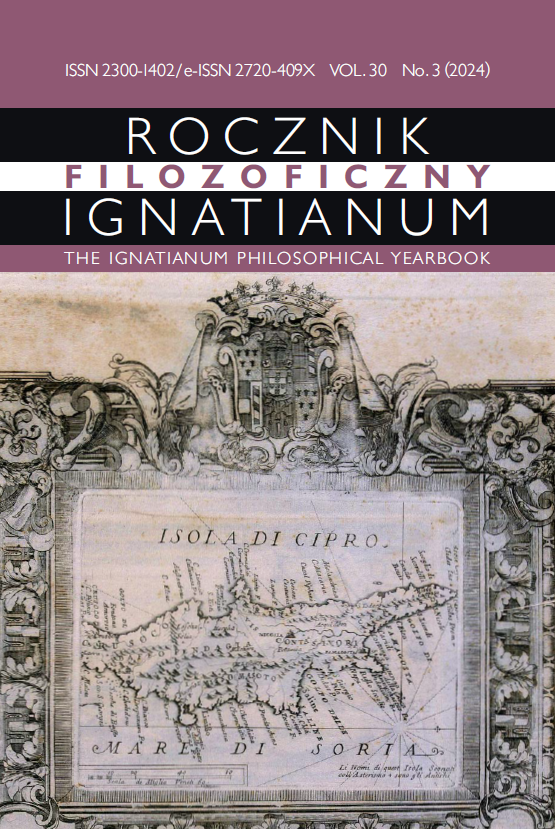Hélie de Chambarlhac, Brother of the Archbishop of Nicosia, Longtime Absentee Bishop of Limassol (1352–1357) and Paphos (1357–1377), Elect of Famagusta (1365), and Procurator Regis in Avignon
Abstract
This paper is one of a series of detailed biographies of the bishops of Paphos during the Avignon papacy. At first glance, the life of Hélie de Chambarlhac seems to be a mere reflection of the nepotism, pluralism, and absenteeism of the Western Church in general and of the Latin clergy on Frankish Cyprus in particular during the fourteenth century. Protegé of cardinals and brother of an archbishop, despite his apparent lack of higher education, the Périgordin Hélie received numerous benefices and positions, culminating in a quarter century as largely absentee bishop, first of Limassol and then of Paphos. Yet there is evidence that he had extensive early experience in diplomacy and administration under his brother Philippe. Accordingly, a careful examination of papal letters reveals that Hélie’s long absence from Cyprus is due to his two decades of service as permanent royal agent at the papal curia, at a time when the larger kingdoms were also establishing fixed ambassadors in Avignon.
Copyright (c) 2024 Ignatianum University in Cracow

This work is licensed under a Creative Commons Attribution-NoDerivatives 4.0 International License.
The Yearbook only accepts materials for publication that are free of all conflicts of interest, and that in no way involve conflicts over authorship, copyright, etc. The Editors will take action against any cases of plagiarizing, ghostwriting1, guest/honorary authorship2, etc. Where co-authored work is concerned, the Author listed first is expected to take responsibility for the submission, and is required to make clear the contributions of all of the Co-Authors involved. In the event of the publication owing its existence to funding dedicated to this purpose, this fact should be made clear: e.g. in any note of thanks/acknowledgement, or in a footnote, etc. Explicit notification should be given of any form of reprinting, with the appropriate evidence of permission to publish being furnished as required. Any impropriety on the part of Authors/Reviewers risks exposing them to appropriate responses from the relevant institutions.
______
1 This term refers to instances of a person who has made an essential contribution being omitted from the list of authors, or from notes conveying gratitude and/or acknowledgement.
2 This occurs when a person who has made either an insignificant contribution or no contribution at all nevertheless appears on the list of authors.





